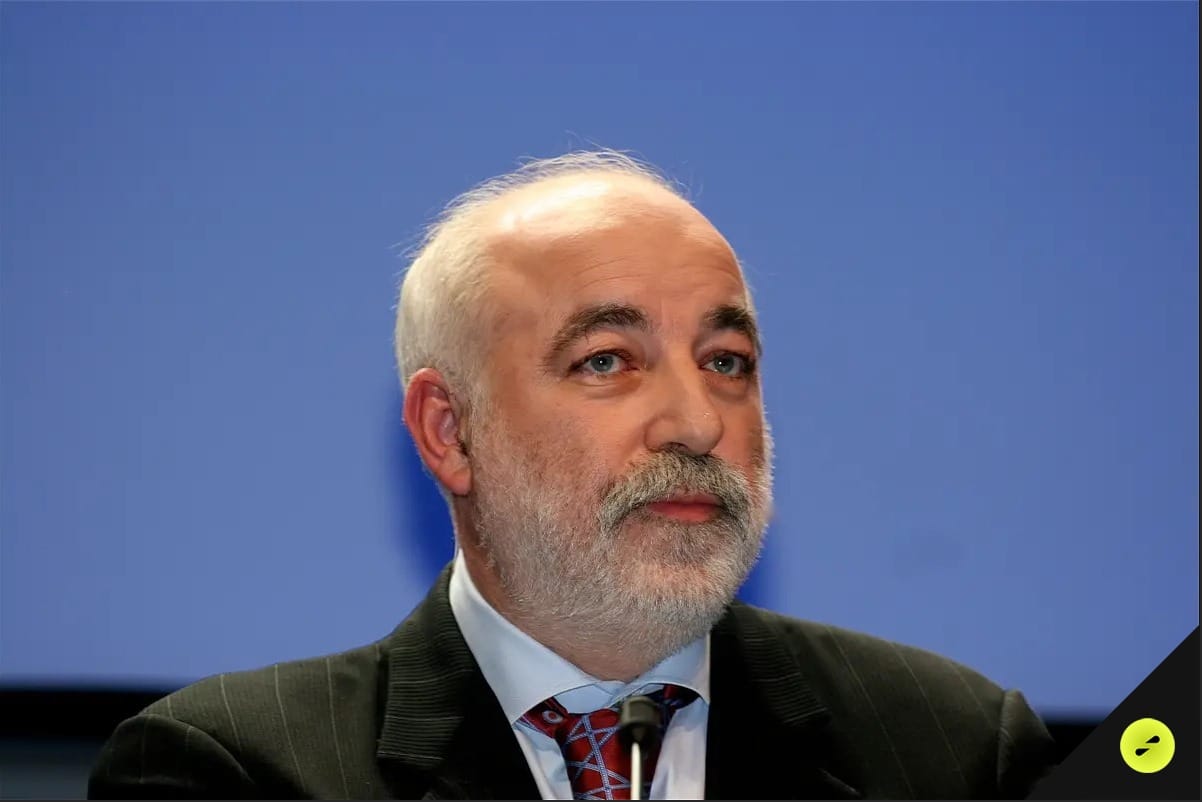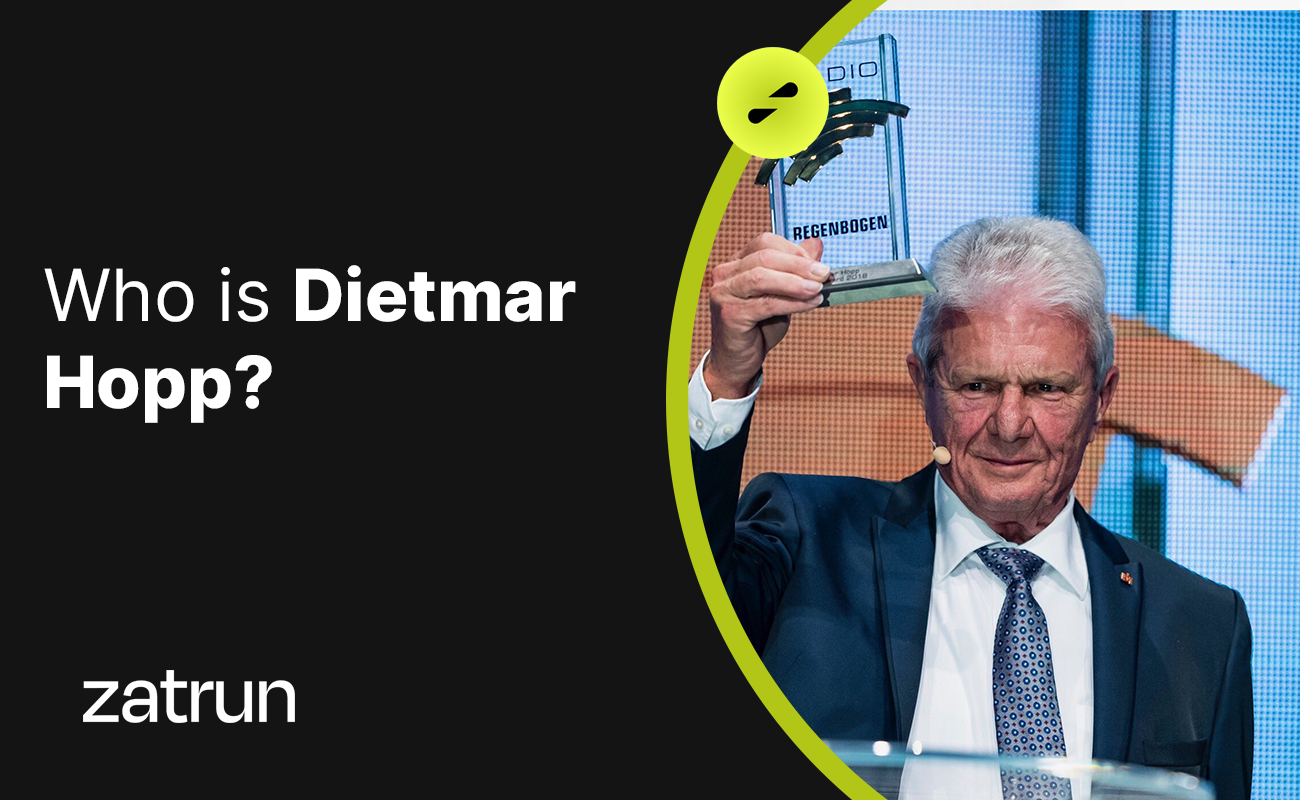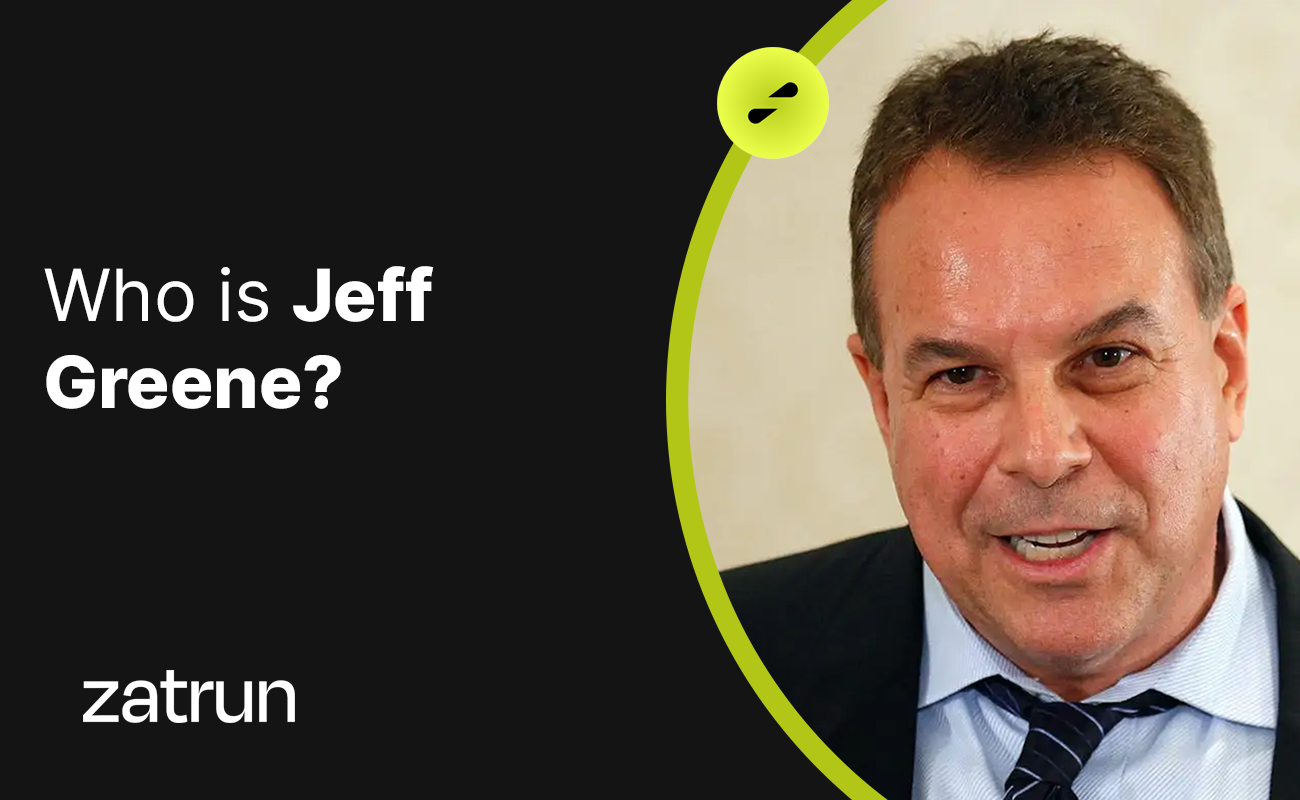In the intriguing world of global business, few names resonate as profoundly as Viktor Vekselberg. A billionaire and a prominent figure in the realm of Russian commerce, his story is one that has captivated many. In this comprehensive exploration brought to you by Zatrun.com, we delve into the life and legacy of Viktor Vekselberg, a Ukrainian-born Russian-Israeli-Cypriot oligarch.
Viktor Vekselberg: Triumph Over Adversity
Born on April 14, 1957, Viktor Vekselberg hails from Drohobych, Ukrainian Soviet Socialist Republic, to a Ukrainian Jewish father and a Russian mother. However, his family’s history is marked by profound tragedy.
During the dark days of the Holocaust, all seventeen members of Vekselberg’s family met a tragic fate, except for his father and cousin, who miraculously survived. His cousin found refuge in the United States, having been hidden in a pit-house for nearly four years.
Viktor’s indomitable spirit and determination are woven into the fabric of his life’s narrative. After enduring challenging years, including a stint in an orphanage, he emerged resilient, completing his education at the Moscow State University of Railway Engineering in 1979.

The Entrepreneurial Odyssey Begins
Viktor Vekselberg’s entrepreneurial journey commenced in 1988, when he co-founded Komvek. The winds of change were blowing through the Soviet Union, ushering in new opportunities for private businesses, thanks to policies like Perestroika and Glasnost. In 1990, Vekselberg joined forces with his college classmates, Leonard Blavatnik and Vladimir Balaeskoul, to establish Renova Group.
The mid-1990s marked a turning point for Vekselberg as he ventured into the aluminum industry. Under his guidance, the Irkutsk Aluminium Plant was resurrected, and international sales operations were initiated in New York, USA. In a groundbreaking move, Siberian-Urals Aluminium Company (SUAL) was formed in 1996, unifying Ural and Irkutsk Aluminium Plants. This merger paved the way for the creation of United Company RUSAL, which became the world’s largest aluminum company.
SUAL was not just about profits; it was a pioneer in social responsibility. It initiated partnerships between its aluminum smelters and local communities, supporting small entrepreneurs and even establishing a lifetime pension plan for World War II veterans who had worked at the plants.
In 1997, Vekselberg and Blavatnik received a proposition from Alfa Group, leading to the birth of the AAR consortium, which would play a pivotal role in the formation of TNK-BP. This joint venture with British Petroleum (BP) marked the largest private transaction in Russian history.
Vekselberg’s leadership was instrumental in making TNK-BP a significant player in Russia’s oil and gas industry. The company explored various projects, including a gas pipeline to China and the production of helium for export to Asia-Pacific markets.
Renova’s Evolution: Diversification and Innovation
In 2006, Renova Group embarked on diversifying its business beyond the oil and gas sector, focusing on manufacturing, hi-tech, and renewable energy. Vekselberg’s commitment to renewable energy led to the establishment of Hevel, a pioneer in Russia’s solar power sector.
Infrastructure development was another facet of Vekselberg’s vision. In 2017, Platov International Airport in Rostov-on-Don, the first greenfield airport in Russia since the USSR’s collapse, was inaugurated. Gagarin International Airport in Saratov, the second greenfield airport, followed in 2019.
To facilitate these ambitious ventures, Vekselberg set up Renova Management AG in Zurich. His international involvement expanded with acquisitions in Switzerland, including stakes in Unaxis Holding AG and Sulzer.
In the world of art, Vekselberg made headlines by acquiring nine Fabergé Imperial Easter eggs. He went on to open the Fabergé Museum in Saint Petersburg to showcase these remarkable treasures, preserving Russia’s rich cultural heritage.
Challenges and Charitable Contributions
Vekselberg’s journey wasn’t without its challenges. Legal disputes, such as the case involving the purchase of Boris Kustodiev’s painting “Odalisque,” reflect his unwavering commitment to upholding authenticity and integrity.
Yet, Viktor Vekselberg’s contributions extend beyond business and art. His philanthropic efforts are commendable. He donated to the Clinton Foundation, supported the construction of the Jewish Museum and Tolerance Center in Moscow, and financed the restoration of synagogues across Russia. In times of crisis, he stepped up, contributing to the fight against the COVID-19 pandemic and supporting resistance heroes in concentration camps and ghettos.
Sanctions and Ongoing Challenges
Vekselberg’s inclusion in the Countering America’s Adversaries Through Sanctions Act (CAATSA) and subsequent sanctions have posed significant challenges. He has been entangled in international disputes, with over $1.5 billion of his funds frozen in American and Swiss bank accounts. As if that weren’t enough, his properties in the United States have been subject to investigations.
Viktor Vekselberg’s influence extends far beyond Russia’s borders. In the wake of Russia’s invasion of Ukraine, countries like the United States, the UK, Poland, and Australia imposed sanctions on him, targeting his assets and imposing travel bans. The economic sanctions extended to Vekselberg’s assets, including the luxury motoryacht Tango, worth an estimated $120 million. This yacht was seized by U.S. authorities, sparking legal proceedings.
Multinational Identity and Personal Connections
Vekselberg’s personal life is characterized by a multicultural identity. He identifies as multi-national and maintains strong ties to a network of influential friends and business partners, including Len Blavatnik. These connections transcend borders and political affiliations.
In the face of sanctions and adversity, Viktor Vekselberg’s story continues to unfold. His unwavering determination, commitment to authenticity, and philanthropic endeavors make him a multifaceted figure who has left an indelible mark on Russia and the global business landscape. Through triumphs and tribulations, his journey remains a captivating narrative, and Zatrun.com is honored to bring it to you.
Viktor Vekselberg’s life and career are a testament to resilience, innovation, and philanthropy. His impact on Russia’s business landscape, coupled with his contributions to culture and society, underscores his significance. While challenges persist, Vekselberg’s journey continues, reflecting the complexities and intricacies of modern entrepreneurship and global influence.












